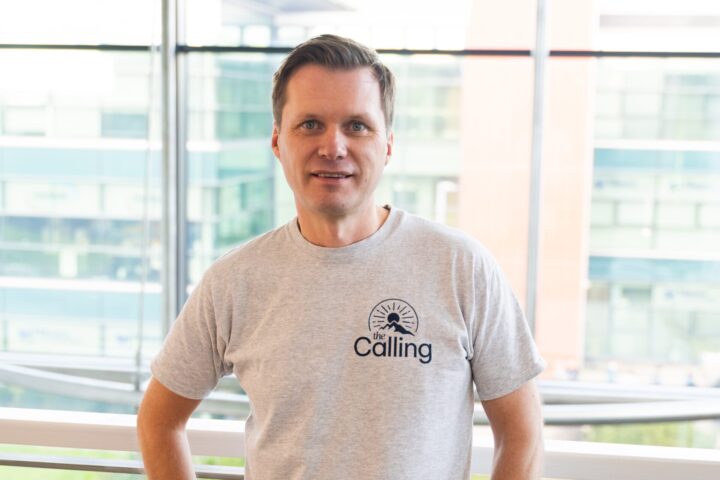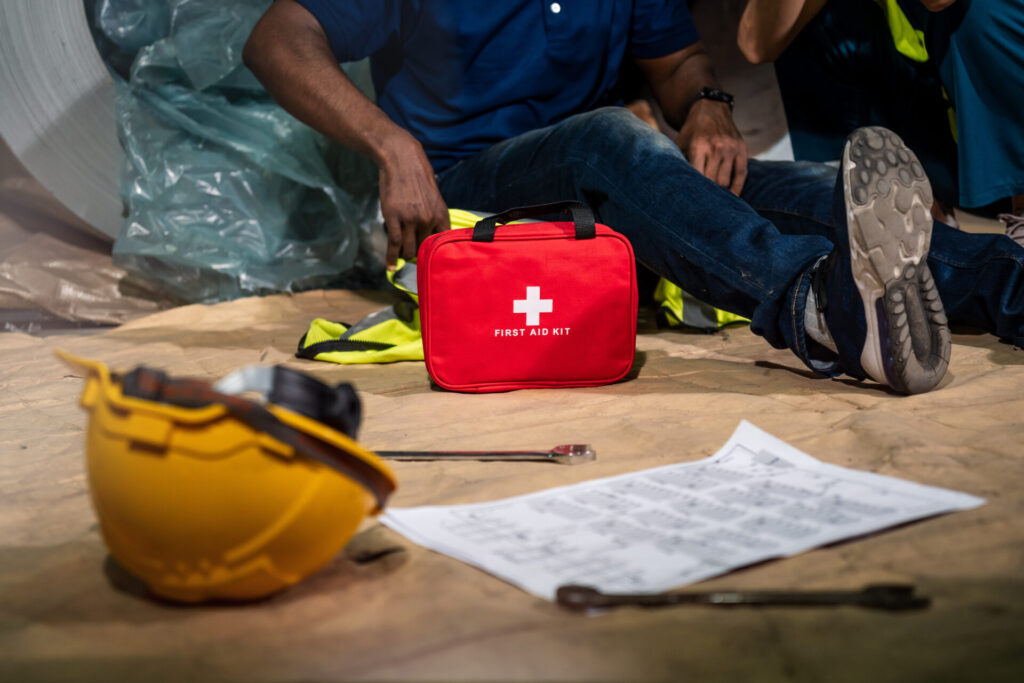The latest General Medical Council (GMC) report found that two fifths (40%) of doctors struggled to give enough patient care at least once a week in 2024.
Inadequate staffing was the main barrier, with 72% saying it was a problem, down from 79% in 2023.
Doctors’ satisfaction with daily work improved to 59% in 2024, up from 53% last year, but still lower than the 63% recorded before COVID-19.
More doctors said they were managing their workload well, up to 31% from 27% in 2023, and fewer said they were struggling, down to 29% from 33%.
The number at high risk of burnout also fell, from 25% in 2022 to 18% in 2024.
Nearly a quarter (23%) of doctors said they had taken stress-related leave in the past year, which is double the rate in 2019 (12%).
15% said they had taken steps towards leaving the UK profession, about the same as in the last two years.
Only 39% of doctors felt able to progress their career as they wanted.
11% stopped or reduced time as a trainer due to workload pressure, which was the third most common change after refusing extra work (39%) and cutting contracted hours (20%).
Doctors in Northern Ireland reported worse experiences than the UK average.
They were more likely to be at high risk of burnout (26% compared with 18% UK average), to struggle with patient care each week (54% compared with 40%) and to work beyond rostered hours at least once a week (73% compared with 62%).
General practitioners reported the most difficulties.
61% said they had trouble providing enough patient care each week and 44% said they struggled with workload, both higher than the average.
However, 78% felt part of a supportive team. Specialists’ experiences were more positive, with 43% saying they could progress as they wanted and only 15% at high risk of burnout.
Additionally, data showed that doctors in training were most likely to be at high risk of burnout at 23% and less likely to say they had enough development opportunities (52% compared with 55%).
Specialty and associate specialist doctors had mostly positive results, with 28% struggling to provide enough care each week and 20% struggling with workload—both lower than average.
Locally employed doctors were least likely to have trouble providing care (27%) or to struggle with workload (24%), but only 32% felt able to progress their career as they wanted.
Specialist trainers were more likely to be struggling with workload (26% compared with 21%) and to have difficulty providing care (38% compared with 30%).
GP trainers also reported more difficulty providing care (68%) than non-trainers (58%).
SAS trainers were more likely to work beyond rostered hours (59%) than non-trainers (48%).
Non-UK graduates usually had better experiences than UK graduates.
They were less likely to struggle with care (25% compared with 51%) or workload (24% compared with 32%) and less likely to be at high risk of burnout (16% compared with 20%).
Meanwhile, ethnic minority UK graduates had the worst experiences, being most likely to struggle with workload (33%), least likely to feel they could progress (34%), and most likely to be at high risk of burnout (24%).
Disabled doctors consistently reported poorer experiences.
38% said they struggled with workload, 28% were at high risk of burnout and only 29% felt able to progress their career the way they wanted.
Disabled doctors who needed reasonable adjustments had even worse experiences, with 42% struggling with workload and only 67% feeling part of a supportive team.
Tom Dolphin, chair at the British Medical Association (BMA) council, said: “This report shows the very real impact of what happens when a service does not value and support its staff: they will continue to choose to leave.
“We face a bizarre contradiction: we still have near record-high waiting lists and patients are desperate to be seen by doctors, but at the same time able and enthusiastic doctors are forced to consider moving abroad because they see no future in the UK.
“Just last week, we revealed that thousands of doctors are facing employment limbo due to a shortage of training places.”
Dolphin added: “This is absurd given workforce shortages across the NHS and the growing needs of patients.
“We need to be training more specialists in the UK to provide the care NHS patients need and deserve, not fewer.
“The GMC’s findings echo these concerns about career progression and show the effect this has on doctors’ wellbeing and the NHS’s ability to keep doctors working here.”
He said: “The solutions to this problem are clear: ensure there are enough roles to keep doctors who have put such time and effort into their training here, while ensuring these jobs are supportive and paid well enough to stop the haemorrhaging of UK doctors overseas when patients and the NHS need them most.”

















